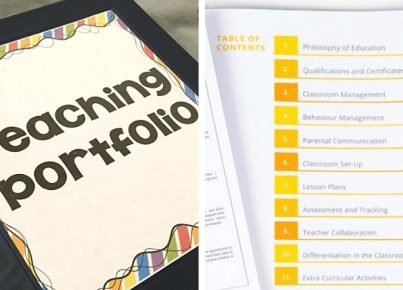Introduction
In today’s fast-paced world, continuous learning is essential for personal and professional growth. One effective way to assimilate new ideas and track progress is by maintaining a professional learning journal. This article will explore the benefits of keeping a learning journal, offer guidance on how to maintain one, and provide tips for maximizing its effectiveness.
The Benefits of Keeping a Professional Learning Journal
1. Tracking progress: A learning journal is an excellent tool for monitoring your development. By documenting your accomplishments, skills gained, and lessons learned, you will create tangible evidence of your growth.
2. Enhancing self-awareness: Writing in a journal increases self-awareness by encouraging you to reflect on your experiences, thoughts, and feelings. This enhanced understanding can lead to personal insights, helping you become more effective in your professional life.
3. Building accountability: Regularly updating a learning journal holds you accountable for your growth. Knowing that you need to document your progress creates a sense of responsibility that can fuel motivation and drive further improvement.
How To Maintain a Professional Learning Journal
1. Set aside time: To build the habit of journaling, establish a routine by setting aside regular time for it, whether daily or weekly.
2. Choose your medium: Whether you prefer physical notebooks or digital platforms like Evernote or Google Docs, select the medium that best suits your preferences and needs.
3. Record different types of content: In addition to written entries, consider adding audio or video recordings, presentations, sample work products, or photographs as additional documentation of your learning journey.
4. Organize entries by theme or topic: This will make it easy to refer back to specific sections in the future.
5. Keep it simple: Depending on the nature of the entry (e.g., reflecting on a conference, summarizing an article), length and complexity will vary, but overall strive for clarity and conciseness.
Maximizing the Effectiveness of Your Learning Journal
1. Set SMART goals: Establish specific, measurable, achievable, relevant, and time-bound (SMART) goals to guide your professional development.
2. Reflect on your weaknesses and strengths: Critical self-analysis can help pinpoint areas for improvement and tailor learning activities accordingly.
3. Seek feedback from others: Share progress with colleagues, mentors, or supervisors who can provide valuable insights and suggest further learning opportunities.
4. Periodically review your journal: Revisiting past entries can remind you of progress made, rekindle motivation, and uncover knowledge gaps that may warrant further exploration.
5. Adapt to your needs: Your learning objectives may change over time. Continuously reassess your goals and adapt your journaling practices to benefit your growth.
Conclusion
A professional learning journal is a powerful tool that can facilitate personal and career development. By consistently reflecting on experiences, setting goals, seeking feedback, and reviewing progress, you can harness the full potential of this method to become a more effective individual in the workplace and beyond. Embrace the habit of maintaining a learning journal to propel yourself towards constant growth.



